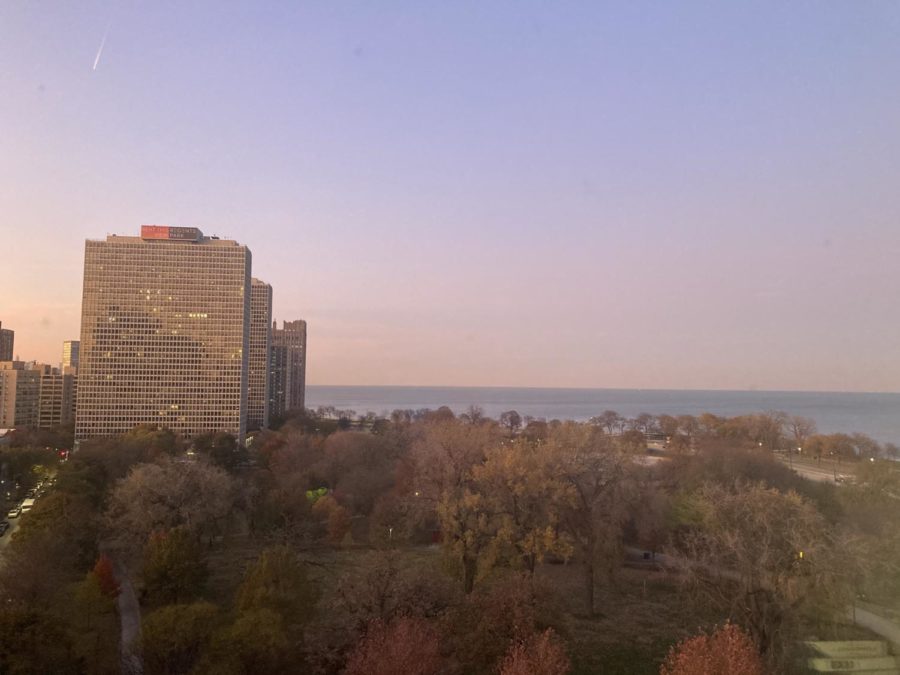The University of Chicago Urban Network, in collaboration with UN-Habitat, a United Nations organization that works to improve the quality of life of urban areas around the world, recently hosted their second annual Urban October. This year, the cohort of policy leaders, urban designers, data statisticians, and researchers discussed city design and ideas for future urban reorganization, specifically in response to the COVID-19 pandemic.
The pandemic has widened disparities already present within cities in the United States, and around the world. Racial justice has come to the forefront of American political discussion. In addition, fires, floods, and hurricanes have become harsh signs of a climate rapidly changing for the worse. These challenges have called upon Americans to create innovative solutions in order to mitigate them.
Urban October began on October 5 with an event titled “COVID-19 Equitable Relief & Recovery.” Alaina Beverly, Director of Urban Affairs in the Office of Federal Relations and Office of Civic Engagement at UChicago, said the event’s goal was to create “a network of practitioner experts who can share their efforts and their learnings in this critical moment to address COVID-19.” Leaders from Chicago, New Orleans, Minneapolis, Baltimore, and other cities discussed how to minimize the disparities in the racial and economic effects of the pandemic.
MarySue Barrett, President of Chicago’s Metropolitan Planning Council, was one of the event panelists. Barrett said that in Chicago, challenges such as low income, poor access to infrastructure, and worse health outcomes are concentrated in certain areas in the city. She called this reality a “destiny by zip code devastation” where people’s quality of life is largely dependent on where in the city they live. “If [recovery from the pandemic] is a 12-to-13 year or worse recovery,” Barrett said, “we’ve got to go about it differently to make sure that the same families and communities and sectors are not sidelined again.”
The second event of Urban October took place on October 14, a virtual conversation between Luis Bettencourt, Pritzker Director of the Mansueto Institute for Urban Innovation at UChicago, and Bruce Mau, an author and urban designer. Mau talked about his recent book, MC24: Bruce Mau’s 24 Principles for Designing Massive Change in Your Life and Work, and focused on “life centered design,” which considers the impacts of urban design on the environment and other natural life in addition to humans.
“We’re all part of one global system, and the idea that you can somehow put up walls and barriers…does not really jive with the way that life works,” Mau said. He pointed out that design “is not about control, it’s about responsibility,” listing business, culture, and nature as projects that are a human responsibility to take on for the common good of all life.
Urban October’s third event took place on October 19 as part of the United Nations World Data Forum (UNWDF). The UChicago Mansueto Institute for Urban Innovation presented one of its projects, The Million Neighborhood Map.
Anne Dodge, Executive Director of the Mansueto Institute, described the project as “an interactive data visualization that identifies the global scale of slums and critically under-serviced neighborhoods across Africa, Latin America, and parts of Asia…The map itself is a first step toward bringing vital infrastructure and approved access and services to people living in slums and formal settlements across the global south.”
The map is an analysis of a database of aerial photographs showing the level of access to infrastructure of different areas. The tool is powered by an open-source Geographic Information System (GIS) database called OpenStreetMap that “digitally renders building infrastructure and street networks––or the lack thereof, demonstrating spatial accessibility across thousands of neighbourhoods around the world,” according to the UNWDF presentation’s description. Based on aerial photography, a community with limited access to roads is colored red on the Map, whereas one with better access is in blue.
The final event of Urban October was held on October 28, when former member of the Bernie Sanders campaign and UChicago data researcher Nicholas Marchio discussed campaign strategy in the 2020 US Presidential election.








